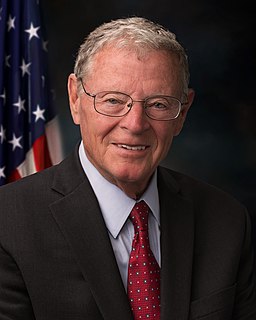A Quote by Ronen Bergman
I have covered the secret war that Israeli and American intelligence have waged against Iran's nuclear program and Iran's assistance to jihadi movements in the Middle East, since the mid-'90s.
Related Quotes
For years, Israeli and American intelligence agencies assumed that if Iran were to gain the ability to build a bomb, it would be a result of its relationship with Russia, which was building a nuclear reactor for Iran at a site called Bushehr and had assisted the Iranians in their missile-development program.
The intelligence services would probably be in a better position to make an assessment of the advancement of the Iranian nuclear program than Podhoretz or Ledeen. They don't have access to any specific information. So for them to dismiss it has no great value because they have no authority whatsoever on this issue. For them to push forward with their efforts to get a war started between the U.S. and Iran, you certainly cannot say that Iran does not have a nuclear program. If you say that, then the justification for war has basically been eliminated.
Iran's Supreme Court has issued a fatwa against the development of nuclear weapons. President [Hassan] Rouhani has indicated Iran will never develop nuclear weapons. I've made clear that we respect the right of the Iranian people to access peaceful nuclear energy in the context of Iran meeting its obligations.
Iran has been calling for it for years, and the Arab countries support it. Everyone except the United States and Israel support it. The U.S. won't allow it because it means inspecting Israel's nuclear weapons. The U.S. has continued to block it, and in fact blocked it again just a couple of days ago; it just wasn't widely reported. Iran's nuclear program, as U.S. intelligence points out, is deterrent, and the bottom line is that the U.S. and Israel don't want Iran to have a deterrent.
The issue has two dimensions. One is the legal dimension and the other one is the issue at the realpolitik. [In the] legal realm, we believe in equal rights for all people in all nations. If Israel, the United States, Russia, Pakistan, other countries, China, have the right to have a nuclear program and nuclear bomb, Iran, too, must have that same right. Now, at the realm of realpolitik, because there is a global consensus against Iran, and because there are all manner of dangers facing Iran, I am opposed to this program.
International inspectors are on the ground and Iran is being subjected to the most comprehensive, intrusive inspection regime ever negotiated to monitor a nuclear program. Inspectors will monitor Iran's key nuclear facilities 24 hours a day, 365 days a year. For decades to come, inspectors will have access to Iran's entire nuclear supply chain. In other words, if Iran tries to cheat - if they try to find build a bomb covertly, we will catch them.
Sanctions did indeed help to bring Iran to the negotiating table. But sanctions did not stop the advance of Iran's nuclear program. Negotiations have done that, and it is in our interest not to deny ourselves the chance to achieve a long-term, comprehensive solution that would deny Iran a nuclear weapon.





























